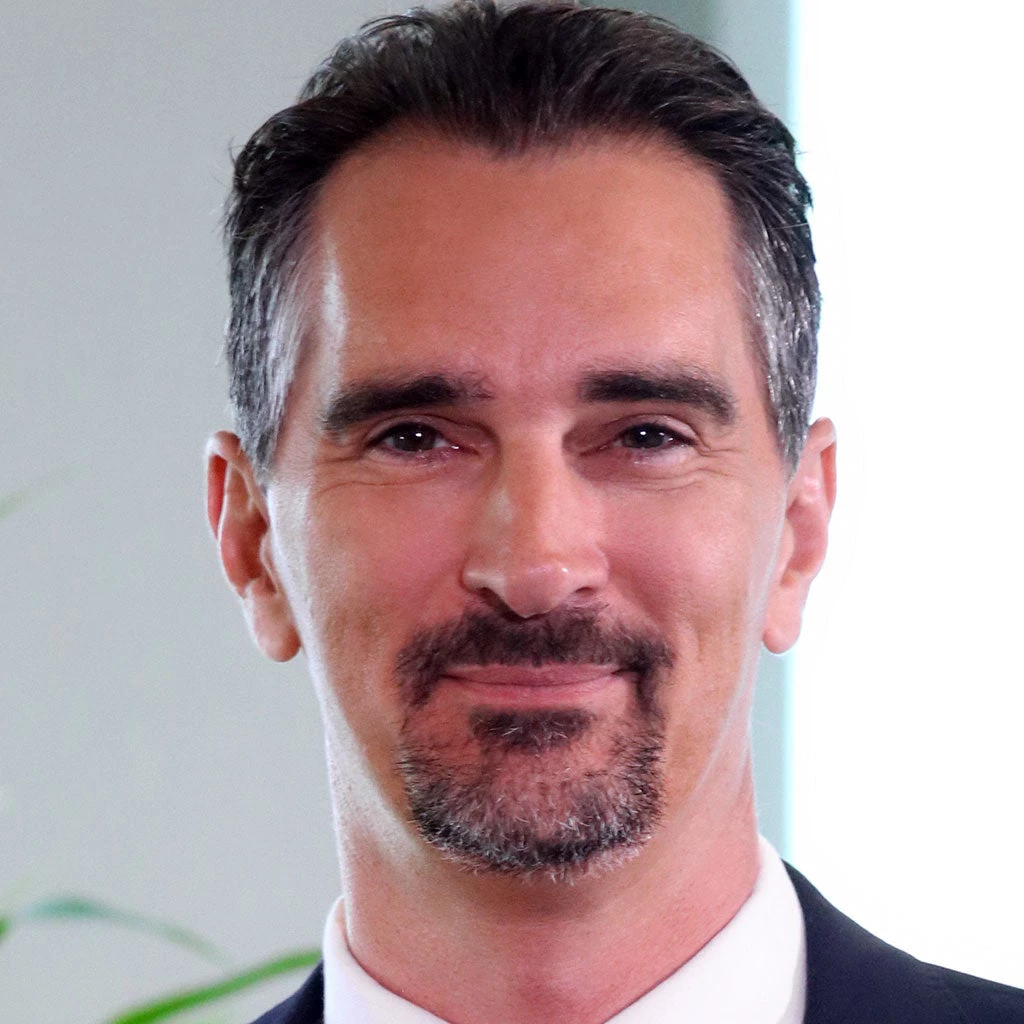 A recent event at the Annual Meetings in Morocco focused on human capital as the key to job creation. Copyright: World Bank/Zakaria Boutraba
A recent event at the Annual Meetings in Morocco focused on human capital as the key to job creation. Copyright: World Bank/Zakaria Boutraba
This past week took me to Marrakech, Morocco for the World Bank-IMF Annual Meetings. The trip was a personal journey of sorts, following in the footsteps of my great-grandfather, a scholar of the Arabic language and Islamic culture who walked the streets of the city a century ago. His life devoted to study and teaching was emblematic of the emphasis my family has put on investments in people, a legacy I carry in my new job as manager of the Bank’s Human Capital Project.
At the meetings, my team organized a closed-door event with 32 finance ministers and a subsequent public panel, both focused on the link between human capital and jobs. By “human capital” we mean knowledge, skills, and good health.
That link starts with basic math and literacy. Almost any job that can support a high quality of life requires these skills. And yet, astoundingly, almost 70% of 10-year-olds in low- and middle-income countries cannot read and understand a simple text! (This “learning poverty” measure has been a global initiative of the World Bank, UNESCO, and UNICEF; I recently wrote a paper examining the measure in the context of Colombia). The number one way to pave the way to good jobs is ensuring that children emerge from schools with foundational skills. For this reason, the World Bank is funding 77 projects around the globe to boost learning in primary schools.
Education, however, isn’t enough, and certainly not for women. On the bright side, women are now more educated than men in more than 100 countries, though girls’ schooling remains short-changed in many low-income countries. But too many women find a “no entry” sign on the road to a job. Their obstacles include outright discrimination, social norms, and a lack of childcare options. The World Bank is leading efforts to tear down these barriers and connect women to good jobs. For example, we have a new fund that is fueling childcare programs in Bangladesh, Mozambique, and Honduras. Programs like these can empower women to put their human capital to good use.
Human capital is also tied to jobs through entrepreneurship. Simply put, people create jobs. We heard at our public event from two entrepreneurs, Amal Hassan, founder of Outsource Global, and Basima Abdulrahman, founder of KESK, a solar energy company. Both women highlighted how they started their journeys to entrepreneurship with schooling—for Ms. Hassan with study at a technical institute in northern Nigeria, and for Ms. Abdulrahman at public schools in Iraq. They later acquired more skills while working as employees before launching their companies. The World Bank promotes entrepreneurs like them in the countries where we work. For example, the World Bank hosts the Women Entrepreneurs Finance Initiative, which has lent a hand to some 170,000 women-led small businesses in 67 countries.
The two women also spoke about how they invest in their employees through training. This is a hugely important and neglected issue for development. A recent paper looked at how much differences in education and experience explain the income gap between rich and poor countries. About one-third is explained by education and another one-third by experience, which reflects in part the skills people acquire on the job. But the returns to experience—how much incomes go up with accumulated time working—are much flatter in poorer countries. Why this is and what can be done about it are topics we will tackle in an upcoming World Bank flagship report on human capital.
The conversations at the meetings reminded us how investing in people is central to job creation and indeed to so much else of what we’re trying to do at the World Bank. As Theodore Schultz, the father of human capital theory said in his 1961 presidential address to the American Economic Association: “Truly, the most distinctive feature of our economic system is the growth in human capital.” I leave Marrakech freshly committed to the Human Capital Project team’s work to inspire, inform, and influence investments in people.
To receive weekly articles, sign-up here


Join the Conversation